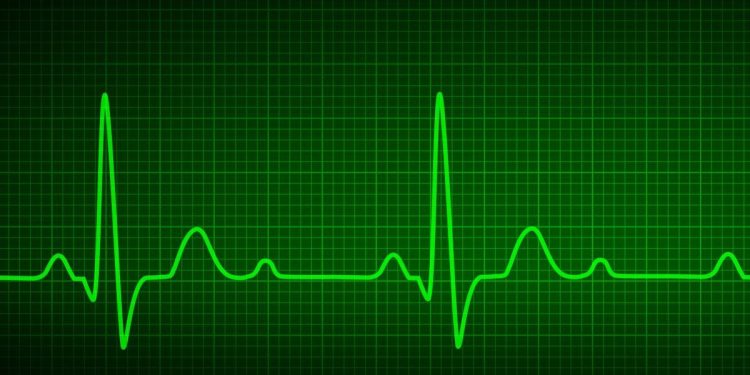Watch all the Transform 2020 sessions on-demand here.
Cordio Medical today announced that it will begin a clinical trial at Haifa’s Rambam Hospital on an app-based AI system that analyzes speech to diagnose and remotely monitor COVID-19 patients. Assuming it passes scientific muster, the tech could be used to help treat self-quarantined patients who are likely to have COVID-19 but haven’t yet been hospitalized.
Cordio’s COVID-19 solution is built on its existing HearO product, which was developed to remotely monitor patients suffering from heart failure by collecting recordings via mobile devices. Engineers at Cordio adapted it to identify the bilateral pneumonia with edema in the lungs that is characteristic of COVID-19. And the company claims it can detect changes in lung fluids and the onset of inflammation even before patients do.
Cordio says HearO is a “patient-dependent” system, in that the company builds a recording baseline for COVID-19 patients when they’re in stable condition and later measures changes from the baseline using AI algorithms — while anonymizing and privatizing the data. It hopes to eventually detect COVID-19 deterioration within 10-48 hours.
HearO, which hasn’t yet obtained FDA approval, can sense fluid accumulation with a claimed accuracy of over 80%. It’s already in use at 10 medical institutions, including Rambam, Beilinson, Barzilai, Hagalil, and Clalit Health Services.
June 5th: The AI Audit in NYC
Join us next week in NYC to engage with top executive leaders, delving into strategies for auditing AI models to ensure fairness, optimal performance, and ethical compliance across diverse organizations. Secure your attendance for this exclusive invite-only event.
AI-powered voice diagnostics
Given the triaging that voice diagnostic technologies might be able to perform for health care institutions, the previously niche field is gaining attention.
Researchers from Carnegie Mellon and startup Voca.ai released an app they claim can determine whether someone has COVID-19 from a voice recording, and Vocalis Health says it’s working with Israel’s Health Ministry and Directorate for Defense Research and Development to collect “vocal biomarkers” from COVID-19 patients and healthy people to develop a screening technology.
These aren’t without caveats — Benjamin Striner, a graduate student who contributed to the Carnegie Mellon project, cautioned that the app’s accuracy can’t be tested because of a lack of verified data. But preliminary research suggests that AI-powered voice analysis can fairly accurately diagnose other conditions, including post-traumatic stress disorder and high blood pressure. To this end, a team at Mayo Clinic is exploring how AI might be used to detect vocal changes that could be predictive of an outcome, such as stroke, heart attack, concussion, and even Parkinson’s disease.
On the private sector side, Canary Speech has developed and completed clinical trials for vocal diagnostic models targeting Alzheimer’s, Parkinson’s, and depression. Another startup — Corti — sells a product that ingests and analyzes emergency call recordings to help dispatchers identify patients experiencing cardiac arrest. WinterLight Labs, whose platform measures hundreds of vocal biomarkers to determine cognitive impairment and mental health issues, is studying potential clinical applications for Alzheimer’s, dementia, aphasia, and depression.
Cordio Medical was founded in 2013 by Chaim Lotan, along with support from Peregrine Ventures, an Isreal-based venture capital fund for early-stage investments.


